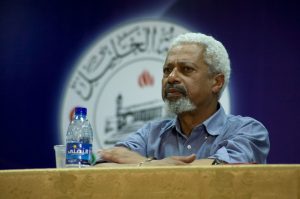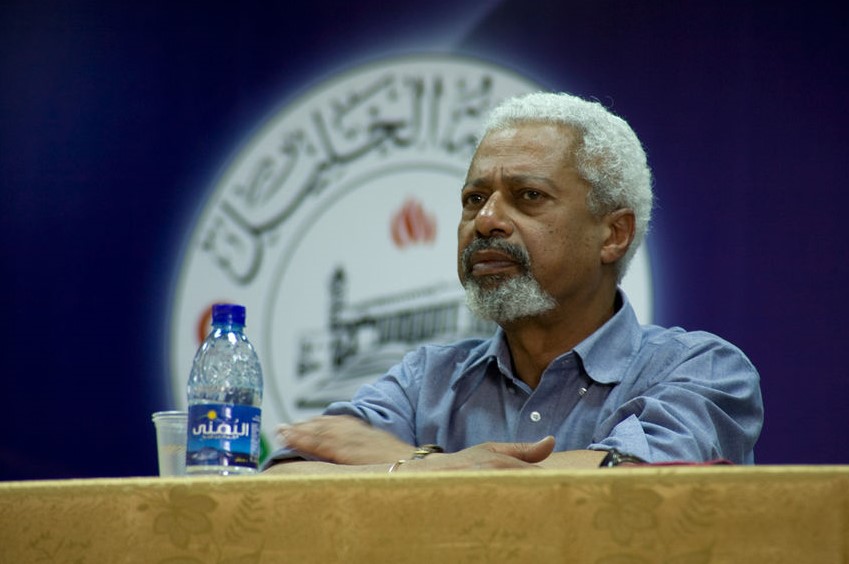Abdulrazak Gurnah
Biography
Born in Zanzibar, Tanzania in 1948, Abdulrazak Gurnah is a noted novelist and academic. He moved to the UK in 1968, in part to escape the sustained violence against Zanzibari Arabs, and to pursue his studies. In 1982 he received his PhD from the University of Kent, Canterbury, where he has lectured on postcolonial and diaspora literatures since 1985. Gurnah writes prolifically on British Muslim experience and East African dislocation. He is the author of nine novels, the most famous of which, Paradise (1994) and By the Sea (2001), were shortlisted and longlisted for the Booker Prize respectively. His career as a novelist spans over thirty years, from his first novel Memory of Departure (1987) to his ninth, Gravel Heart (2017). In 2021, he was awarded the Nobel Prize for Literature ‘for his uncompromising and compassionate penetration of the effects of colonialism and the fate of the refugee in the gulf between cultures and continents’.
The conditions of the outsider and of being different, whether as a result of ethnic, religious, moral or social differences, are powerfully inscribed into the centre of Abdularazak Gurnah’s fiction.
Writing

Abulrazak Gurnah on Hebron Panel, 2009, PalFest (CC BY 2.0) via Flickr
Dislocation, exile, loss, and identity are central themes in all of Gurnah’s novels, many of which chart Arab African characters’ experiences of relocation in the places to which they have emigrated, or escaped. His characters frequently undergo a process of identity and cultural hybridisation in their transnational relocation from the margins to the metropoles. Some of Gurnah’s novels, such as Pilgrim’s Way (1988), By the Sea (2001), and Gravel Heart (2017), seek to capture the foibles of British culture and politics at various points in history from the perspective of the outsider looking in.
Gurnah is arguably a member of what Claire Chambers calls the ‘more proletarian “myth of return” class’ (2015, 15), a group or class of British Muslim writers who moved to England in the 1970s and 1980s and have not returned to their countries of origin. His sixth novel, By the Sea, deals complexly with notions of ‘home’ and the play of memory in identity-formation.
From his debut novel to his most recent, Gurnah’s writing has demonstrated a commitment to complicating essentialist notions of marginalised and misrepresented Muslim people in England. In ‘Writing and Place’ (2004), Gurnah says that he writes from memory, and notes ‘how vivid and overwhelming that memory was’ (58). He argues that the questions with which he deals are not new, but are ‘firmly inflected by the particular, by imperialism, by dislocation, by the realities of our times. And one of the realities of our times is the displacement of so many strangers into Europe’ (59).
—Chelsea Haith, 2017
Cite this: Haith, Chelsea. “[scf-post-title].” Postcolonial Writers Make Worlds, 2017, [scf-post-permalink]. Accessed 28 January 2022.
